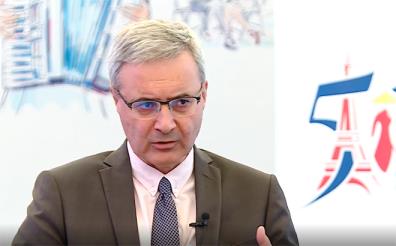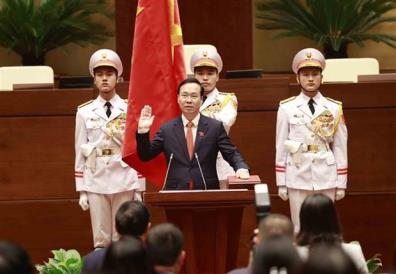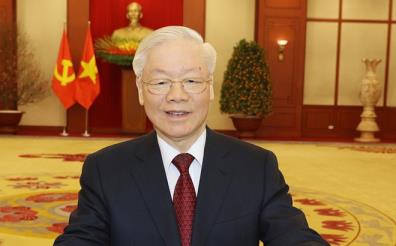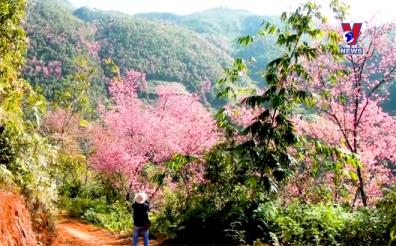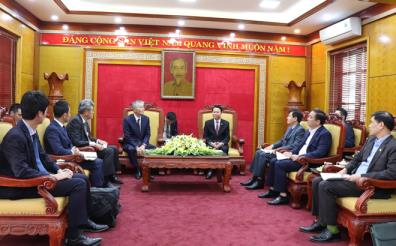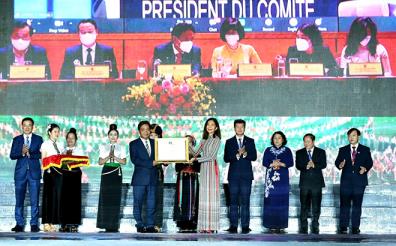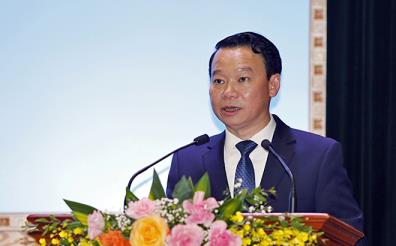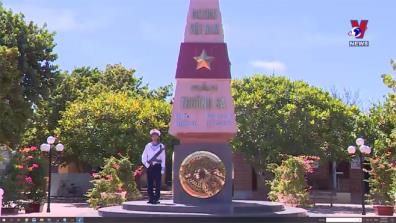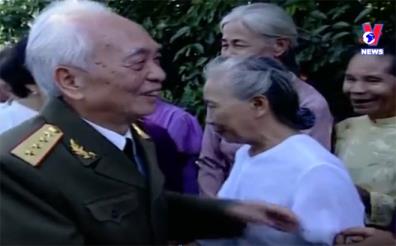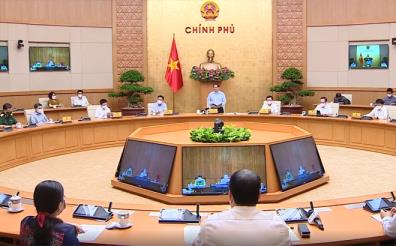China’s notes at UN inconsistent with int’l law: Deputy spokesperson
- Friday, April 24, 2020
China’s circulation of a number of diplomatic notes at the United Nations (UN) that raise unreasonable sovereignty claims over Vietnam’s Hoang Sa (Paracel) and Truong Sa (Spratly) archipelagos as well as maritime claims in the East Sea runs counter to the provisions of the 1982 UN Convention on the Law of the Sea (UNCLOS), an official said on April 23.
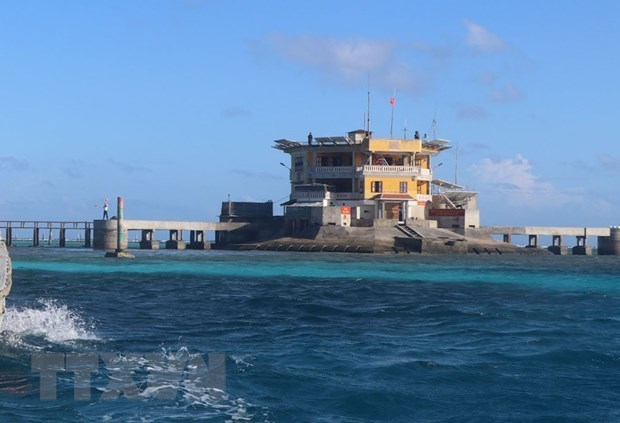
|
|
Toc Tan island in Vietnam's Truong Sa archipelago.
|
Other news

As of now, Yen Bai Province has a total of 273 OCOP (One Commune One Product) items certified, including 25 products rated 4 stars and 248 rated 3 stars.

Since the beginning of the year, Van Yen District has recorded 90 individuals participating in overseas labor programs. Among them, 45 workers were sent to Japan, 7 to South Korea, 36 to Taiwan, and 2 to Qatar. This makes Van Yen the locality with the highest number of overseas laborers in the province as of early 2025.

Since the beginning of 2025, the implementation of a range of coordinated measures has enabled Yen Bai Province to achieve positive outcomes in the disbursement of public investment capital. Notably, the province ranks among the 35 provinces and cities with disbursement rates higher than the national average.

Over the five-year period from 2021 to 2025, Yen Bai Province has created jobs for 110,339 workers. Of these: 56,393 were employed through socio-economic development programs, 11,907 accessed loans from the National Employment Fund, 2,886 worked abroad under labor export programs, and 39,153 were supplied to out-of-province employers.


